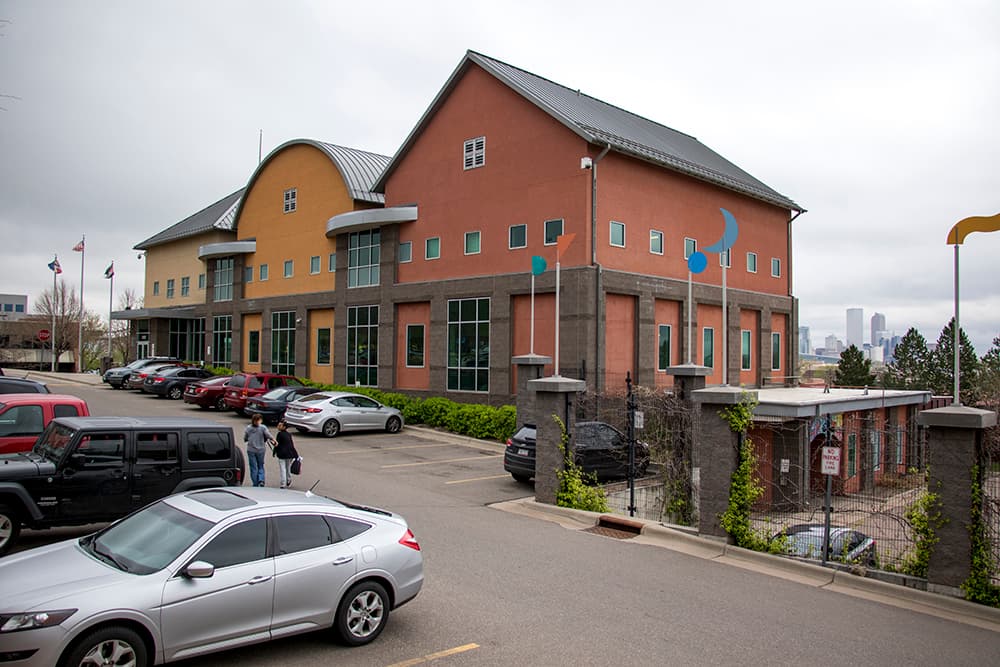Someone with a behavioral health problem is yelling in the middle of a busy street, endangering herself and others, and draws police attention. She might be suffering from a psychotic episode and require mental health professionals to help. Yet there's a decent chance she'll end up in jail with a sheriff's deputy instead of a psychiatrist.
A new "solutions center" planned for Sun Valley is an intervention that provides mental health and substance abuse treatment for people in need of medicine and a bed, particularly if they are experiencing homelessness.
The Denver City Council on Monday approved new zoning rules for 12 acres along Federal Boulevard near Holden Place that allows the center to exist. The vote was 11 to 1, with City Councilman Rafael Espinoza opposing and City Councilwoman Stacie Gilmore absent.
But several neighborhood residents, including the Sun Valley Community Coalition, don't want people with mental health issues, who can move around freely, centralized in an area with a big population of children. In 2016, about 88 percent of households in the neighborhood had kids, according to the Shift Research Lab.
"They will literally be right next door, living and playing," said Jeanne Granville, a neighborhood organization representative who spoke at a public hearing Monday. "Many of them have already experienced trauma related to mental health."
The facility at 2929 W. 10th Ave. would have the capacity to serve 46 people at a time -- 30 beds for people who can stay a maximum of 30 days, and a "crisis unit" for 16 people who can stay up to five days.
It's not a walk-up, first-come, first-serve kind of service. Police officers would refer patients, who would be voluntary and free to move around.
"We cannot follow somebody because they're homeless, walk them to the bus stop because they're homeless," said City Councilman Paul López, who represents the west side district. "They're not in jail. They're not on probation. I understand the worries, but that's a stereotype that we've been programmed to think. These are human beings trying to lift themselves out of poverty."
Two security officers would staff the facility for 24 hours a day, seven days a week.
Although locals opposed the change, they signed a "good neighbor agreement."
The Sun Valley Coalition negotiated with the mental health center for months to come up with a framework that both sides could live with. The document includes things like hours of operation and banning sex offenders.
They wanted a school with a mental health bent for kids -- the ones there now, and the ones who will live there after Sun Valley balloons. In the end, neighbors signed off because they felt the clinic was inevitable.
"We made an executive decision not to raise the alarm with the rest of the neighborhood," Granville said, "because we don't want to re-traumatize people and we also don't want to be defined as a neighborhood one way or another."
Residents testified that a slice of Sun Valley's population deals with mental health and addiction issues, and some have experienced homelessness. The building is an amenity, López said, though he wondered why so many health centers are concentrated in his district.
The building was formerly the Family Crisis Center, which closed in 2016. The Mental Health Center of Denver will likely operate the solutions center.
"Our biggest conversation points (with the neighbors) was about the rights and dignity of the people we serve, treating them like people and not like possessions," said Jay Flynn, who heads recovery services for adults at the Mental Health Center of Denver.
This article has been updated to clarify comments made by Councilman López.












